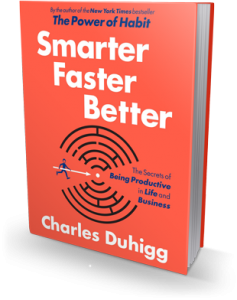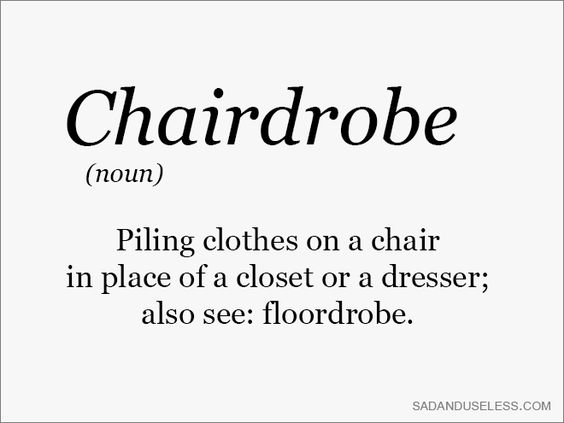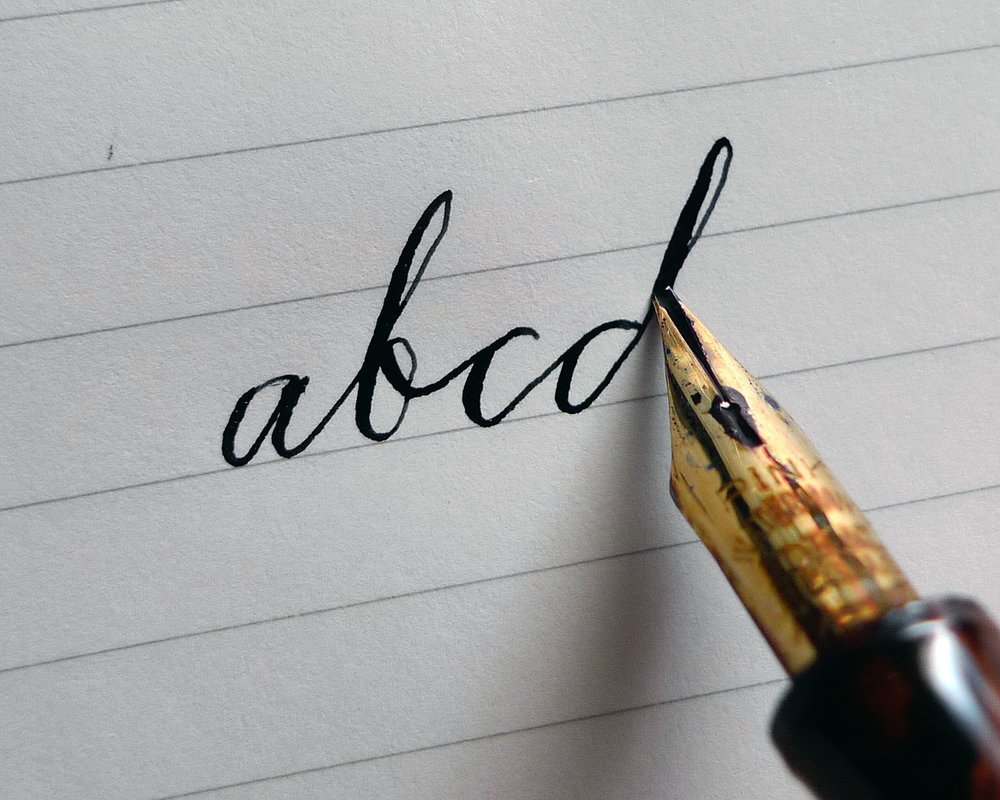We're humans living in a digital world. Having 24/7 access to our technology can make us feel overwhelmed, stressed, challenged to prioritize what’s most important, and un-motivated to move forward.
By identifying some of the sources and challenges of our digital overwhelm, and by learning how to better manage them, we can increase our sense of well-being, motivation, and focus. Some of the overwhelm sources include our digital devices like our smartphones, laptops, and desktops. The addictive nature of those devices lure us with their unlimited access to emails, texts, Internet surfing, social media communities like Twitter, Facebook, LinkedIn,Pinterest, Instagram, and YouTube. There’s no shortage of digital accessibility vying for our time and attention.
Common digital overwhelm challenges include:
Interruptions - We can be working productively and suddenly get interrupted by our phone vibrating, an email alert dinging, or a new text message buzzing. We find it difficult to ignore these distractions. We check, we respond, we lose our focus, and it takes time to get back to what we were doing.
Difficulty Prioritizing & Focusing – In the article “Is Modern Technology Creating a Culture of Distraction?” Mathew Ingram asks the question, “Are modern devices and digital conveniences making us more distracted and less able to concentrate?” The constant barrage of continual digital input and easy accessibility makes it increasingly difficult for us to prioritize and focus on what’s most important.
Endless – Judith Kolberg, organizer, author and industry-futurist, writes about the concept of “endless” in her book, Getting Organized in the Era of Endless. She says that there’s an endless quantity of information, endless availability, and endless accessibility. This is juxtaposed to a finite amount of time. Choice becomes essential. Judith suggests placing parameters around endless so that we can prioritize and make better decisions.
Addiction & Reward – Researchers from a University of Chicago study found that "tweeting or checking email may be harder to resist than alcohol,” and that “social media was ‘more addictive’ than cigarettes.” According to a post by Buttoned Up,we are rewarded with feelings of “belonging and significance” when we respond to our digital devices. Responding makes us feel good and this adds to the addictiveness.
Are these challenges familiar? If so, experiment with strategies that will reduce your overwhelm and re-focus your energy.
Solutions for managing digital overwhelm include:
Establish Boundaries – Information and demands to engage are coming faster and in larger quantities than ever before. Be clear and selective about what you will and won’t do. Align your "yeses" with your values and priorities. Have your “no” statements prepared. For example, you might say- “No, I’m not going to text while I’m having dinner with my family.” “No, I’m not going to engage in social media until I finish my report.” “No, I’m not going to check my email every 5 minutes.” “No, I’m not going to . . ."
“Ding Management” – Reduce the sounds, alerts and pop-ups that we’re wired to respond to and find extremely hard to resist. When you need to focus, turn off your alerts. I’ve opted to turn them off permanently. There are also apps and programs like Freedom, Focus, and Self Control that enable you to lock yourself out temporarily of "rewarding" programs like email and social media sites. Here's a recent review of Self Control to give you an idea of how these types of programs work.
Digital Blackouts – Getting "unplugged" has become a cottage industry with detox retreats, digital diets, and unplugging-themed conferences. I've noticed that more people are taking personal digital blackouts on certain hours or days. They get a mental break to unplug and focus 100% of their energy on their friends, family, or non-tech activities. If the thought of unplugging makes you anxious, try it for a short duration and build from there. In the New York Times article, “The Risks of Parenting While Plugged In,” one mom blogger who decided to establish a personal daily email and Internet ban between 4-8pm said, “If I’m at all connected, it’s too tempting. I need to make a distinct choice.” Her kids were thrilled.
Green Breaks - Ever-present technology is designed to constantly pull our attention that can lead to mental exhaustion, overwhelm and burnout. Scientists, like cognitive psychologist David Strayer, Ph.D., agree that nature restores mental fatigue and increases creativity. Take a walk in the woods, sit under a tree, or dip your feet in the river. Unplug from your devices, go outside, and feel the positive affects on your well-being.
Slow Down – Don’t buy into the 24/7 busyness and access. Decide to slow down and enjoy human, face-to-face people interaction, outdoor activities or, leisurely meals with your family or friends. Take time to renew, recharge, and shift your pace. One of my favorite posts, "The Elegance of Slow" by DeeAnne White, is a wonderful reflection about the benefits of indulging in non-tech, leisurely time.
I’d love to hear about your digital overwhelm challenges and solutions. What have your noticed? If you're curious, ask me my "ding management" experiment. Come join the conversation.
 With the Thanksgiving season upon us, thoughts of gratitude, family, friends, food, and love are usually the focus. While there has been some “turkey talk,” more of the conversations are politics-filled, especially because of the recent election. We are passionate human beings with varying perspectives and values. Our emotions are running high. While we wouldn’t necessarily view organizing habits and politics together, I had a conversation during a client organizing session, which made me think about the connection.
With the Thanksgiving season upon us, thoughts of gratitude, family, friends, food, and love are usually the focus. While there has been some “turkey talk,” more of the conversations are politics-filled, especially because of the recent election. We are passionate human beings with varying perspectives and values. Our emotions are running high. While we wouldn’t necessarily view organizing habits and politics together, I had a conversation during a client organizing session, which made me think about the connection.












